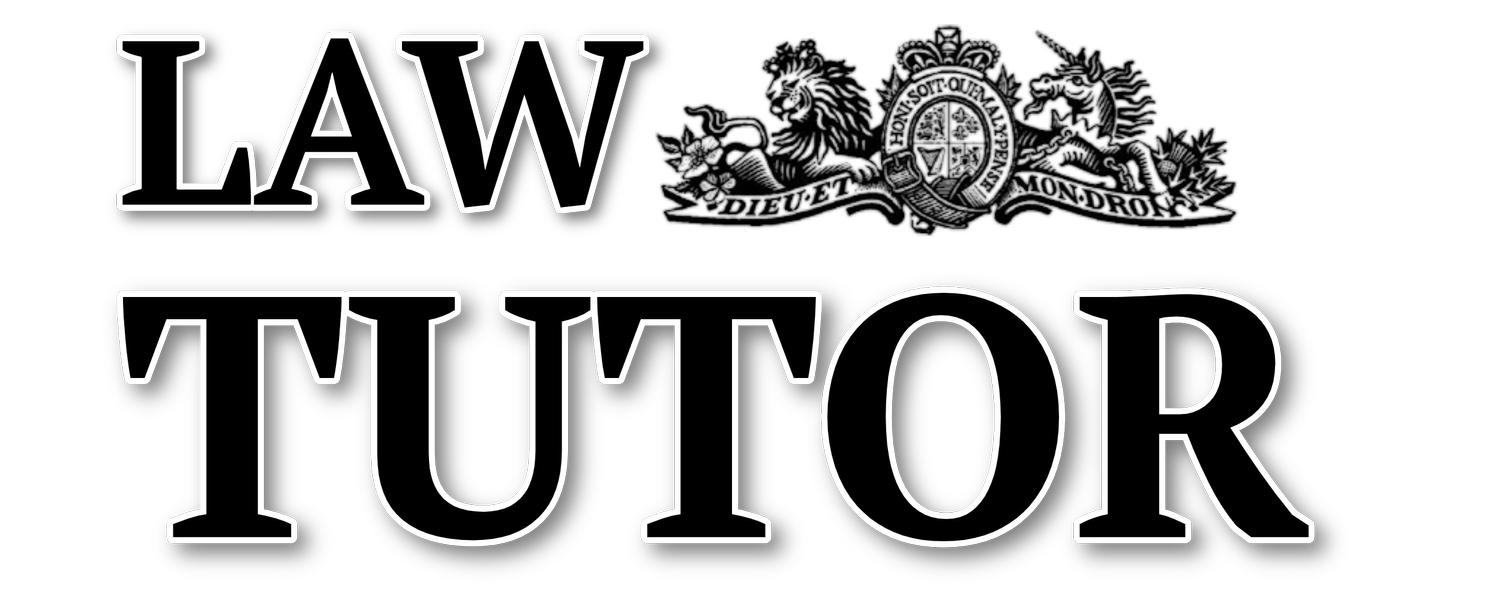Employment Tribunal Rules
Employment Tribunal Rules
The employment tribunal’s rules of procedure are governed by Schedule 1 of the Employment Tribunals (Constitution and Rules of Procedure) Regulations 2013 (SI 2013/1237) which contains the rules governing employment tribunal procedure, as well as the powers and discretion of employment tribunal judges to administer and hear proceedings.
The rules governing how cases are managed in employment tribunals, from filing a claim to what occurs at a hearing, are outlined in guidance that covers a variety of topics, such as filing and responding to a claim, case management orders, hearings, and the tribunal's decision. These rules deal with with how the case is conducted and includes:
starting a claim
responding to a claim
contract claims
case management orders
hearings
withdrawing cases
the tribunal’s decision
costs orders
delivering documents
Rule 2
The overriding objective of these Rules is to enable Employment Tribunals to deal with cases fairly and justly. Dealing with a case fairly and justly includes, so far as practicable—
(a) ensuring that the parties are on an equal footing;
(b) dealing with cases in ways which are proportionate to the complexity and importance of the issues;
(c) avoiding unnecessary formality and seeking flexibility in the proceedings;
(d) avoiding delay, so far as compatible with proper consideration of the issues; and
(e) saving expense.
Rule 21
In the employment tribunal, what exactly is Rule 21? Rule 21 of the rules of the employment tribunal states that a judge may evaluate whether, based on the information that is available to them, they can make a decision on all or part of the claim. This occurs most commonly when a response to the claim has not been received.
Rule 50
A tribunal may, at any stage of the proceedings, on its own initiative or in response to an application, make an order to prevent or restrict the public disclosure of any aspect of the proceedings if it deems it necessary in the interest of justice.
Rule 52
Under rule 52, a judgement dismissing a claim on withdrawal must be issued unless, at the time of withdrawal, the claimant indicated a desire to retain the right to file a subsequent claim.
Rule 92
When a party transmits a communication to the Tribunal (other than an application under Rule 32), it must send a copy to all other parties and indicate that it has done so (via "cc" or other means). The Tribunal may order a deviation from this rule if it deems it to be in the best interests of justice.

